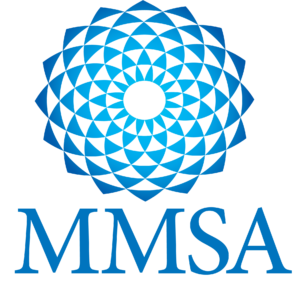At the US News STEM Solutions Conference in Baltimore in May 2016, it was announced that Downeast Maine will become part of a national network that shares and develops community-based strategies for connecting all youth to science. The movement toward STEM (science, technology, engineering and math) is already gaining momentum in the Machias area, and now it is receiving national attention. The initiative, spearheaded by Maine Mathematics and Science Alliance and Axiom Education & Training Center, is one of 37 from across the county to be honored for building a new architecture for learning science. The Downeast project, headquartered in Machias, is the only one from Maine to be selected.
The community-wide effort addresses this question: What would happen to the economic future of Downeast Maine if middle and high school students got passionately involved in STEM? Youth would have more opportunities for high-paying jobs in their own backyardsMaine-based jobs that involve new technologies and new ways of addressing community and business challenges For example, science-literate young people are much-needed in public safety, sustainable fishing, agriculture, and information technology.
A key innovation in Machias is STEM partnerships. We are bringing together major groups in the community to address a clear goal: getting students connected to and engaged in existing STEM opportunities. According to Susan Corbett, CEO of Axiom Technologies We have identified a treasure trove of local STEM events, summer camps, institutes, afterschool programs, competitions, and workplace projects that give young people opportunities to grow their skills, deepen their passions, find out about jobs, and become team players.
Now the initiative, part of MMSA’s NSF-funded STEM Guides project, will tap the collective intelligence of the University of Maine at Machias, Downeast Institute for Marine Research & Education, Maine State Library, Seacoast EdGE program, Washington County Government, Sunrise County Economic Council, Machias Memorial High School, ConnectME Authority, UMaine Cooperative Extension 4-H, Axiom Technologies, Axiom Education & Training Center, and MMSA. Together, we will identify clear pathways for connecting youth to STEM, both in and outside of school.
Kids already know that STEM is important, says Jan Mokros, who leads MMSAs involvement in the work, but they need a deeper understanding of what it means for them and how vital it is to their future.
The national STEM Funders Network, which consists of 25 philanthropic organizations, will convene groups ranging in size from Downeast Maine to large urban centers to participate in peer-to-peer learning. Each group is charged with transforming the entire system of science learning in their area.


